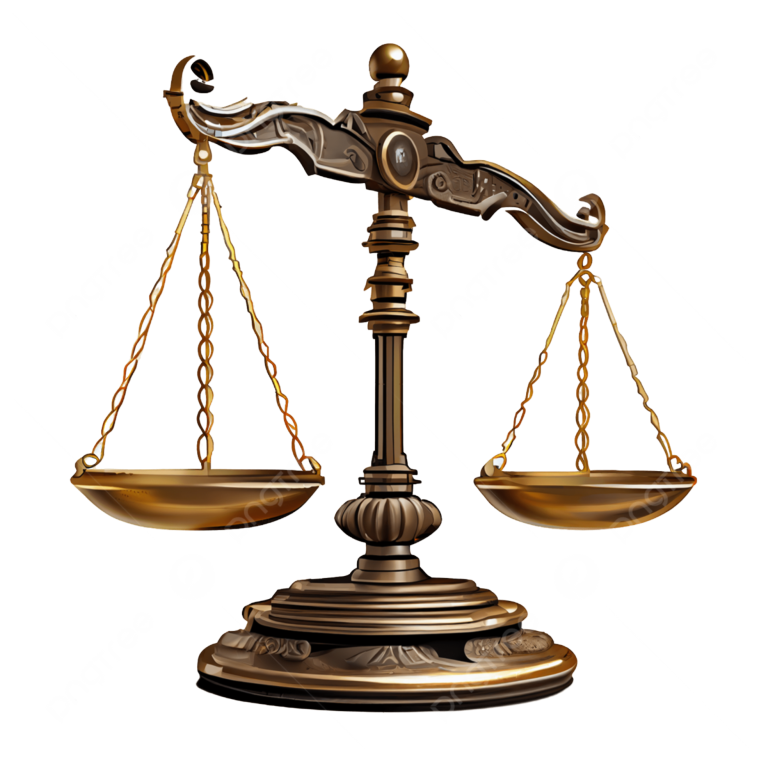
For Christ died for sins once for all, the righteous for
the unrighteous, to bring you to God (1 Peter 3:18).
In the coming weeks, as the Biden administration concludes
its term of office in the United States, conversation will turn to the
anticipation of presidential pardons.
To whom will the President grant exemption from punishment for
their crimes or alleged illegal activities?
During his first term, Republican President Trump granted
pardon to 238 individuals, after Democratic President Obama had pardoned 1927 persons
over his 8-year term*.
Legally, a pardon can be granted by the US Chief Executive
to an individual providing relief from the consequences of a criminal
conviction. In this situation, the wrong-doer is shielded from sentencing even
though such was imposed by the authority of the courts.
Amnesty is a little different, in that it is usually offered
to a group of individuals before
convictions occur. Amesty offers relief from possible later consequences
in exchange for testimony or participation, particularly in truth and
reconciliation processes or other human rights investigations into potential
violations.
A question that will surface with more frequency in coming weeks relates to President Biden’s ability to exercise this power in a matter most personal.
And that’s because his son Hunter has been convicted of criminal activity involving weapons and tax fraud and is awaiting sentencing in December.
Consequently, the question begging an answer: Will Biden Jr.
be pardoned by his father in his final days as President?
In some ways – often difficult to articulate – most sense that authentic justice is not served by the American President exercising this power.
A thought experiment: if my children were victims of – and in some way injured by – the criminal actions of one later granted pardon or receiving amnesty, would I consider justice to have been achieved?
Would I sense that their pain and loss and deprivation
remained unrectified?
And what about legal transparency? The undermining of the
authority of the courts? The potential for political abuse? And the loss of
deterrence value of common justice?
Is that all forfeited in this process of executive privilege
to pardon?
However, in this post, my specific interest is that the context of pardon – and of the closely related concept of amnesty – provides significant opportunity for Christ followers to better understand our salvation and the immeasurable cost of our redemption to the Triune God.
Anselm was the Archbishop of Canterbury, serving in England
during the Medieval period. His classic work Cur Deus Homo? (Why the
God-Man?) was composed over 900 years ago.
In it, he wrestles with an assertion that has been advanced
in every era since the time of the Cross
And that assertion – advanced by those who diminish the value of the Cross of Christ – is that God can simply forgive sin.
After all, if He’s the Ultimate Judge of humanity, why can’t He merely wave His holy hand, and sin and its consequences would evaporate into the ether, and be forgotten forever without payment of any kind.
What is the harm in letting bygones be bygones with no
further thought of cosmic results, or justice, or rectification?
And why is God wrathful?
American theologian Richard Niebuhr cynically summarized the
tepid understanding of early-20th century liberal theology: “A God without wrath brought men without sin into a kingdom without judgement through the ministrations of a Christ without a cross.”
Anselm responds, “Let us return and consider whether it is proper for God to put away sins by compassion alone, without any payment of the honor taken from him…to remit sin in this manner is nothing else than not to punish; and since it is not right to cancel sin without compensation or punishment, if it be not punished, then it is passed by discharged”.
But does it befit God to be angry??
“A non-indignant God would be an accomplice to injustice, deception and violence,” concluded the Croation theologian Miroslav Volf.
Here’s the crux: in the Cross of Christ, justice was served. Righteousness was satisfied. Atonement was complete
The cosmic disorder brought about by the sin of our race, alone created in God’s image, and the unparalleled havoc wreaked upon our planet and beyond, has been rectified.
Anselm concluded, “Compassion [alone] on the part of God is wholly contrary to the divine justice”.
Takeaway: We are those who are targets of God’s judgment because of our sin.
We stand at the bar of heaven, guilty of cosmic assault on
His holy character.
Sin must be dealt with judicially.
But, in the Gospel, God saves us from God!
God the Son became Man for the purpose of dying our death.
Episcopal author Fleming Rutledge succinctly states, “the incarnation was an incarnation into the death”.
God the Son averts the righteous wrath of God to Himself. Christ serves as our propitiation, a $50 word meaning that Jesus redirected the wrath of God – aroused by our sin and triggered by our rebellion – to His Cross.
And, the Apostle Paul declares, Therefore, there is now no condemnation for those who are in Christ Jesus (Romans 8:1).
Earlier in Romans, Paul stresses that God’s righteousness demands legal satisfaction – an exorbitant price the Triune God was willing to pay for your salvation and mine.
This righteousness from God comes through faith in Jesus
Christ to all who believe. There is no difference, for all have sinned and fall
short of the glory of God, and are justified freely by his grace through the
redemption that came by Christ Jesus.
God presented him as a sacrifice of atonement, through faith in his blood. He did this to demonstrate his justice, because in his forbearance he had left the sins committed beforehand unpunished— he did it to demonstrate his justice at the present time, so as to be just and the one who justifies those who have faith in Jesus (Romans 3:22-26).
*data from potus.com/presidential-facts/pardons-commutations/
~ graphic from www.pngtree.com